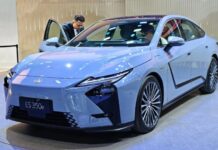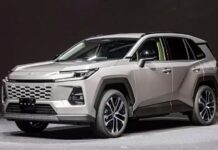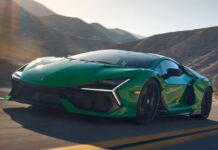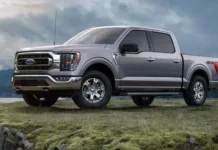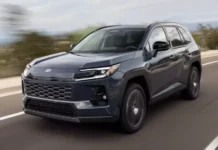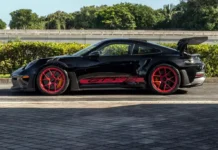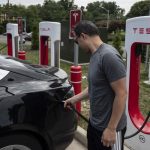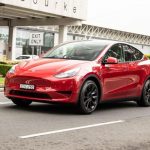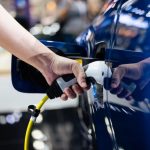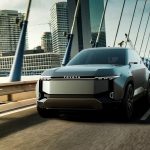Electric car maker Tesla is planning to cut more than 10% of its staff globally, according to an internal memo, as it grapples with slowing sales and an increasingly competitive electric vehicle market.
“Around 5% of our total employees will be let go,” CEO Elon Musk wrote in a post on Twitter. Two senior executives, battery development director Drew Baglino and public policy vice president Rohan Patel, also announced their departures, drawing messages of thanks from Musk though some investors expressed concern.
Musk’s last major round of job cuts came in 2022, when he told executives he had a “super bad feeling” about the economy. Tesla’s headcount, however, has grown from about 100,000 at the end of 2021 to more than 140,000 at the end of 2023, according to regulatory filings.
Scott Acheychek, chief executive of REX Shares, which manages exchange-traded funds with heavy exposure to Tesla stock, described the job cuts as “prudent,” but Michael Ashley Schulman, chief investment officer at Running Point Capital Advisors, said the departures of senior executives were “a bigger deal,” and are “another negative sign today” that Tesla’s growth is stalling.
Less than a year ago, Tesla’s chief financial officer, Zach Kirkhorn, left the company, raising concerns about succession planning. Tesla’s stock closed down 5.6% at $161.48 on Monday. Shares of electric vehicle makers Rivian Automotive, Lucid Group, and VinFast Auto also fell, by 2.4% to 9.4%.
“As we prepare for the road ahead, which includes a possible recession, it is critical for us to examine every aspect of our company to reduce costs and increase efficiency,” Musk said in the memo to staff. “As part of this effort, we have carefully reviewed our organization and made the difficult decision to reduce our workforce by approximately 10% globally.”
The layoffs also come as Tesla has scrapped a long-promised lower-priced model, expected to be priced around $25,000, that investors had hoped would drive growth in the mass market. Musk has said a vehicle called the Model 2 will enter production by the end of 2025.
According to experts on self-driving cars and regulation, it could be many years before Tesla can field a fully autonomous vehicle with regulatory approval. Tesla’s shares have lost about 33% so far this year, underperforming traditional automakers such as Toyota Motor and General Motors, which have gained 45% and 20% respectively.
Son Pham (forum.autodaily.vn)

